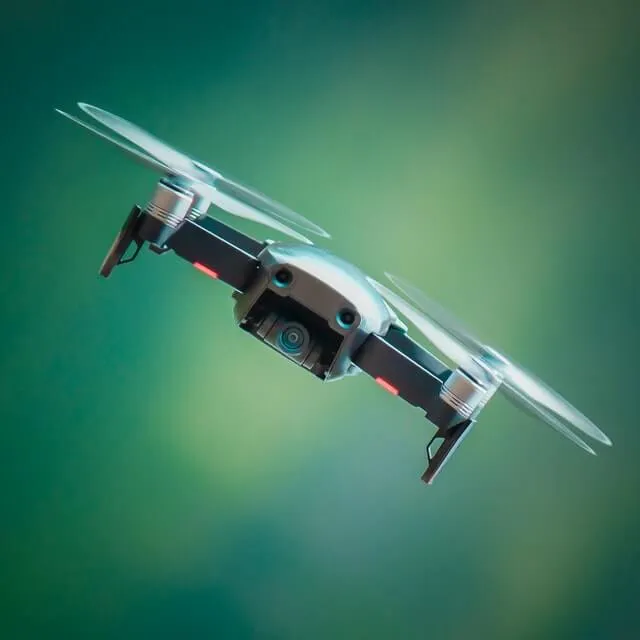Commercial drone usage has expanded exponentially ever since the FAA issued its first drone commercial permit in 2006. 15 years later, drone manufacturing shows no sign of slowing down. So what’s new in the commercial drone industry? At SkyWatch, we conducted research using data spanning dozens of drone companies and thousands of individual units from our policies across the United States between 2018 and 2021. Here’s what we found.

DJI is losing its Total Market Share across Commercially Insured Drones
The drone manufacturing industry shows early signs of maturity as new players take larger slices of the cake. It’s no surprise that DJI is still the leading drone manufacturer, but since 2018, it has lost a full 7% of its total market share. New companies like Autel and Skydio are challenging DJI in providing businesses with new product offerings. Autel, which released the acclaimed EVO 1 in 2018, and newer versions such as EVO 2 with 8K capabilities, have risen its market share by 4.4%. Skydio, which builds tech-savvy products such as the Skydio 2 with autonomous flight, has risen 1.5% in the same period. Dozens of other companies with unique products and capabilities have boosted their share of the market as well.

The Average Price of an Insured Drone is Increasing
Another sign of industry maturation is that the average prices of commercially insured drones and equipment are rising. Our analysis demonstrates a current average price of $2,903.76 for a consumer drone, up 22% since 2018.

With market share becoming diversified, more companies fight for their spot with newer and feature-packed drones year over year. With newer drones, businesses are willing to spend more on their drones for more advanced features and technology, hence the rising prices. We look forward to seeing what trends take shape next.







